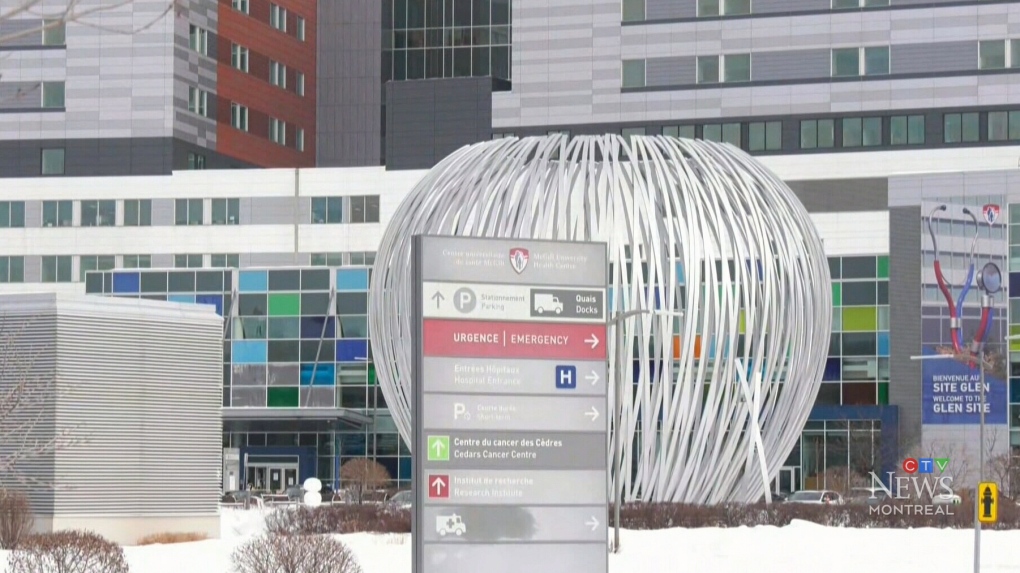Montreal Children’s Hospital yanks book offering crystal therapy to young cancer patients – CTV News Montreal

The Montreal Children’s Hospital has removed a book from the oncology department that offered crystal therapy to young cancer patients.
Medical professionals liken it to pseudo-science with no evidence that it works.
The children’s book, Crystals of Hope, explains the alleged healing power of crystals in easy-to-understand terms. Crystals are a big part of esoterical beliefs, homeopathy, acupuncture, and self-healing manuals, adopted by millions of believers in alternative medicine circles.
Despite serious scientific research, crystals have never been proven to work.
“Healing crystals do not heal, it is magical thinking pure and simple”, says Jonathan Jarry, a member of McGill Univesity’s Office of Science and Society, which promotes critical thinking.
“It legitimizes a practice that is no different than magic because it took place in a hospital and it was offered by an employee,” says Jarry, who fears using such material sends the wrong message to the population by legitimizing pseudo-science.
The book’s author is a social worker named Lynda Blanchette, who is well-respected by the medical staff at the Children’s. After she retired, the hospital foundation gave her a small grant to help her write her book.
It was on display in the oncology department of the hospital, but it contains what some say are questionable claims. For example, some stones reduce nightmares, or that their calcium content can make up for vitamin deficiencies.
The hospital’s administration removed the book after reading it.
“I saw that booklet for the first time in the last week, and I would have to say that that some of the concerning passages merit concern and that’s why it’s no longer available,” said Dr. Robert Barnes, the associate director of professional services at the Montreal Children’s Hospital.
CTV News reached out to the author but did not get a response.
The hospital does say, though, that there’s nothing wrong with using alternative forms of therapies to support children facing the side effects of chemotherapy, for example.
“That can be music therapy, it can be animal therapy with pets, it can be art therapy, toys, prayer, there are any number of non-biologoical strategies that will help certain people feel comfort and get strenght and all of those efforts are to be applauded,” Barnes added.
However, experts warn such unproven therapies should never replace proper science-backed medical care.
